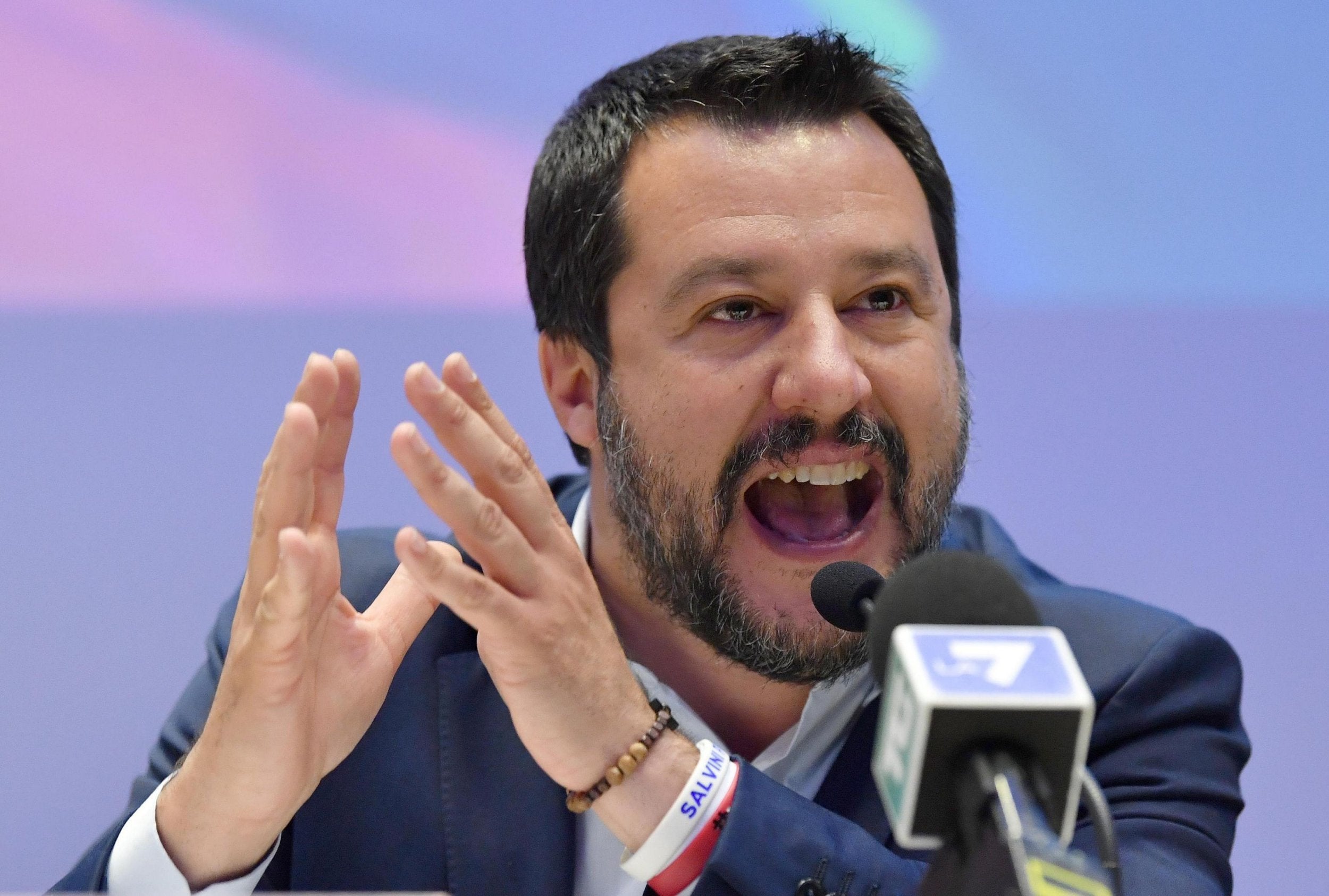Your support helps us to tell the story
From reproductive rights to climate change to Big Tech, The Independent is on the ground when the story is developing. Whether it's investigating the financials of Elon Musk's pro-Trump PAC or producing our latest documentary, 'The A Word', which shines a light on the American women fighting for reproductive rights, we know how important it is to parse out the facts from the messaging.
At such a critical moment in US history, we need reporters on the ground. Your donation allows us to keep sending journalists to speak to both sides of the story.
The Independent is trusted by Americans across the entire political spectrum. And unlike many other quality news outlets, we choose not to lock Americans out of our reporting and analysis with paywalls. We believe quality journalism should be available to everyone, paid for by those who can afford it.
Your support makes all the difference.Far-right, populist and Eurosceptic parties from countries across Europe have announced that they are forming a new alliance ahead of EU elections next month.
The new continent-level grouping represents the latest effort to unite the nationalist parties, which have suffered from fragmentation despite making gains in recent elections.
Italy's interior minister, Matteo Salvini, leader of the anti-immigrant League party, said at a press conference in the city of Milan that the goal of the new movement would be to “win and change Europe”.
The group includes Mr Salvini’s League, as well as France's far-right National Rally (formerly National Front), Austria's Freedom Party and the Netherland's Party for Freedom. Those parties have long sat together in the European Parliament.
But Mr Salvini was also joined on Monday by the far-right Alternative for Germany's co-leader Joerg Meuthen, Olli Kotro of the Eurosceptic populist Finns party, and Anders Vistisen of the right-wing, populist Danish People's Party.
These groups have previously sat in other parliamentary groups, such as the Tories’ European Conservatives and Reformists (ECR) and Nigel Farage’s Europe of Freedom and Direct Democracy (EFDD).
The parties say their agenda is an end to undocumented migration, stronger European external borders, restoring political sovereignty to EU nations and protecting what they called “European culture”.
“Today at this table there are no nostalgic extremists,” Mr Salvini said. “The only nostalgics are in power in Brussels. Today, we look ahead with a clear memory of what happened in the past, but the tired debate of right, left, fascist, communist, is not what makes us passionate.”
Far-right and populist parties could win as many as a third of MEPs in the coming European Parliament elections, if the night goes their way, according to polls.
The new alliance has been launched under the banner “Toward a Europe of common sense”.
It comes after far-right associate of Donald Trump, Steve Bannon, said he wanted to unite European far-right parties, too. Some national leaders such as Mr Salvini have said they want to form an anti-migration "axis" at EU level.
Mr Salvini denied the group was composed of extremists and said Islamic extremists rather than right-wing extremists were a risk to the continent.
“As interior minister for 10 months, the number one risk in Italy and Europe is Islamic extremism, Islamic fanaticism, Islamic terrorism," Mr Salvini said.
“There are extreme-right and extreme-left minorities in Italy and in Europe, (but) they fortunately are controlled and of limited numbers.”

Join our commenting forum
Join thought-provoking conversations, follow other Independent readers and see their replies
Comments